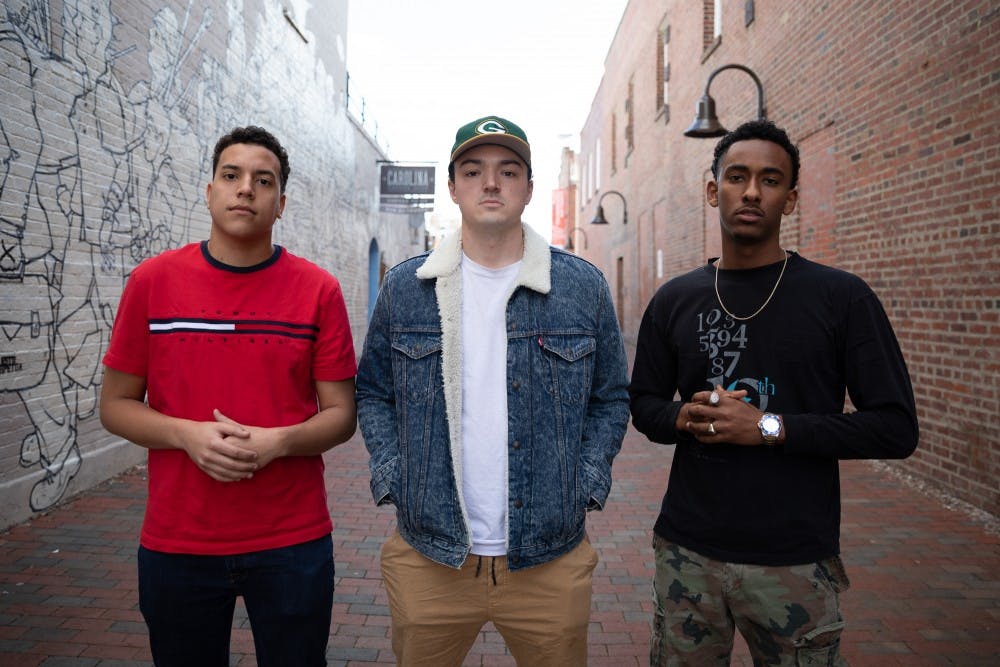CORRECTION: An earlier version of this article incorrectly identified Jemal Abdulhadi. The story has been updated with the correct spelling of Abdulhadi's name. The Daily Tar Heel apologizes for this error.
For the past 50 years, the genre of hip-hop has alluded to social justice issues and political critiques. However, modern hip-hop artists are faced with moral and ethical dilemmas, especially regarding women. This leads some to ask: Where is feminism in hip-hop today?
Hip-hop and feminism are two increasingly relevant topics, from the popularity of hip-hop artists all over Billboard charts to the impact of the #MeToo movement and the annual Women’s March in Washington, D.C.
At UNC, young hip-hop artists are discussing the new opportunities and limitations involved in making music in a society that is more aware of feminist movements and issues. Lines are beginning to be drawn and crossed when discussing hip-hop and feminism.
In 1999, author Joan Morgan coined the term “hip-hop feminism” in her book, "When Chickenheads Come Home to Roost." Author Reiland Rabaka wrote that hip-hop feminism is an offshoot of Black feminist ideals where the “personal is the political." Hip-hop has roots in social justice, but hip-hop feminism directs the attention to issues surrounding Black and Brown women.
The Student Hip-Hop Organization (SHHO) is a UNC club that facilitates discussion surrounding hip-hop at UNC. The club gives hip-hop appreciators and creators a space to share their music and experiences with hip-hop culture. SHHO organizes local concerts, hosts panels and seeks to spread hip-hop as an agent of social change. However, the group has yet to host a panel on feminism in hip-hop, though members of the group said it is in the works.
Former SHHO co-president Jemal Abdulhadi said it’s possible the nature of the industry has made feminist issues harder to talk about.
“I think hip-hop naturally just attracts mostly males,” Abdulhadi said. “So our organization was largely male in the beginning.”
Abdulhadi said misogyny is an ever-present aspect of hip-hop music, and that the first step is addressing the issue and getting men involved.



